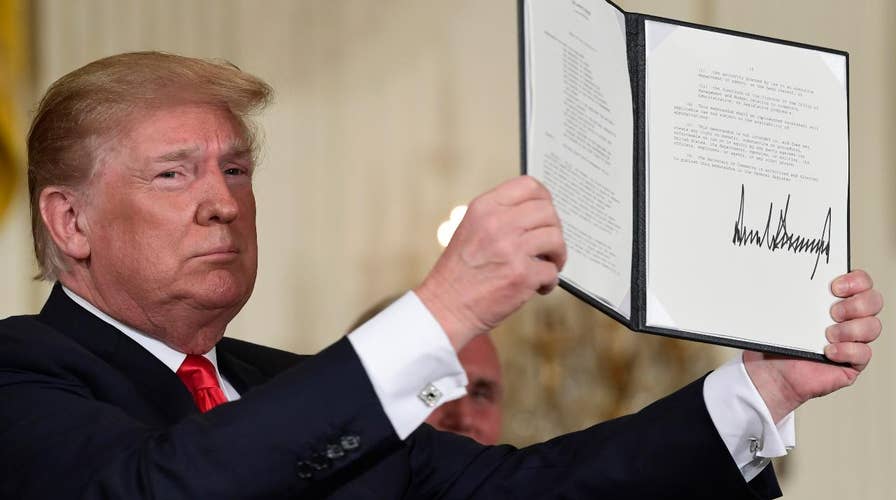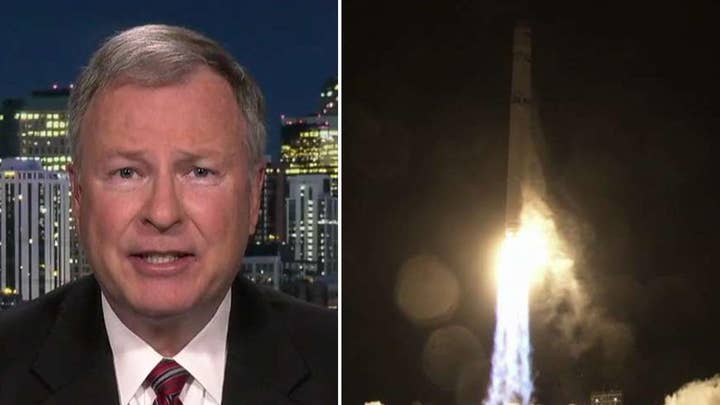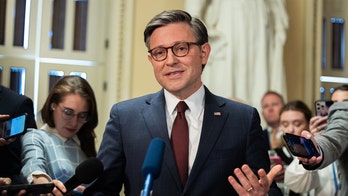Trump’s ‘space force’: What does it entail?
President Trump announced a directive for the Pentagon to create a “space force” that will serve as a sixth branch of the military. What will this new force actually do?
President Donald Trump’s call this week for a separate U.S. “space force” was the culmination of months of frustration over what he felt was a lack of Pentagon action on his initial suggestions about the topic, according to people familiar with the decision.
The announcement on Monday—which surprised many military officials, senior aerospace industry executives and lawmakers—went against well-known opposition by Pentagon leaders to the idea of establishing a new branch of the U.S. armed forces.
“He doesn’t forget, and ultimately erupts when he feels slighted.”
The week before, Air Force Secretary Heather Wilson and the service’s senior commanders gathered for a strategy session in Dayton, Ohio, but none had an inkling about Mr. Trump’s impending announcement on Monday, according to one of these people, who attended the sessions.
The evolution of Mr. Trump’s idea of a space force, the people familiar with the issue said, reflects his management style. He occasionally offers seemingly ad hoc ideas in public, but at some point expects aides and cabinet officials to follow up with specific implementation plans.
If Mr. Trump feels appointees are dragging their feet, he may suddenly demand action, sometimes in a dramatic and public fashion. That was the case with the space force.
“He doesn’t forget, and ultimately erupts when he feels slighted,” according to one former high-level industry and government official close to the Trump administration. White House officials did not respond to a request for comment.






